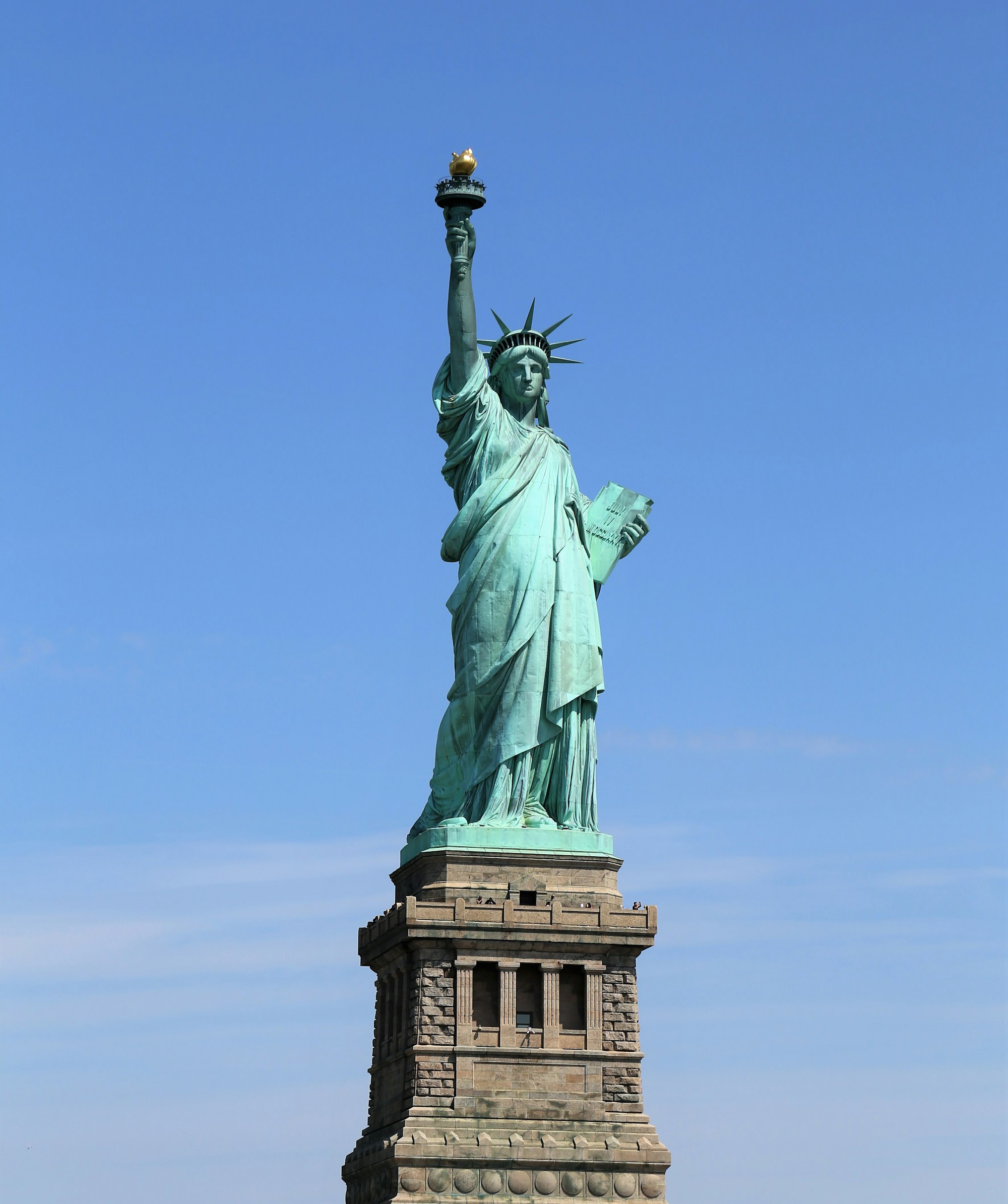The Power of Citizens to Avoid Political Collapse: Thoughts by Benjamin Lincoln, Jr. 1784-1786

Benjamin Lincoln, Jr. was the son of Revolutionary War general, Benjamin Lincoln. He wrote ten essays between 1784 and 1786 on subjects that the editors of this work, referenced below the selection, believe "grew out of a conversation that Massachusetts people were having about the problem of a bicameral legislature in a republic." Lincoln had a promising career ahead of him in the law and public life; however, he died suddenly in January 1788.
In this selection, Lincoln praises the peaceable formation of our "juris-prudence" and speculates about how to keep the "free republics of America" from meeting the same fate as other fallen kingdoms of the earth.
August Glen-James, editor
It has been said, and perhaps with truth, that all governments incline to decay, and that the most free must end in tyranny. This observation will be acknowledged to be at least founded on probability, when we contemplate the rise and fall of ancient nations, and compare them with their origin, progress, and present state of the modern. Civilization and corruption have generally been found to advance with equal steps.
The several governments of the United States of America are, perhaps, the first in the world, whose existence commenced from a convention of individuals, actuated by their understandings, to form a social compact for the security of life and the blessings that attend it. Every nation, of which history has furnished us with accounts, have had their constitutions established either by compulsion, conquest, accident or intrigue. Hence has arisen the great variety of forms in which the Kingdoms of the earth have been governed, and hence also those frequent revolutions, those internal feuds and convulsions, which have rendered the world a continued scene of devastation and bloodshed. . . . When we take a view of the several nations of Europe, examine the forms of their several governments, and the administration of them; when we read the pages of history, and learn, that both the worst and the best of them have been brought to their present state, by the destruction of millions of the human race, we cannot but be impressed with the warmest sentiments of gratitude to the Supreme Governor of the universe, that it has been our lot, peaceably to form a system of juris-prudence, on those principles of freedom and equality, the enjoyment of which whole nations have bled to obtain.
It has been said, and perhaps with truth, that all governments incline to decay, and that the most free must end in tyranny. This observation will be acknowledged to be at least founded on probability, when we contemplate the rise and fall of ancient nations, and compare them with their origin, progress, and present state of the modern. Civilization and corruption have generally been found to advance with equal steps. A nation, therefore, as it encreases (sic) with age, must increase in power of her magistrates, as the only resource for controlling the multiplied vices of the people. Hence a democracy has usually been succeeded by aristocracy, and aristocracy by a monarchy. But though it may be impossible to prevent the free republics of America from finally meeting with the fate of the other kingdoms of the earth, yet it is undoubtedly in the power of the citizens of them to place the sad catastrophe at a distance. And, if it is in their power, it would be a sacrilegious contempt of the noblest gifts of Heaven, to be inattentive to those measures, necessary to effect so great a purpose. What then is to be done? This is a question addressed to all, and to which Patriotism and Religion demand a manly and deliberate attention. Nothing is more true than that civil and religious tyranny are twin monsters; and that he who dares surrender his political liberty, dares in contempt of his God, to submit his soul to a shackle.
The inhabitants of the Commonwealth of Massachusetts, in their declaration of rights, have explicitly answered the question I have asked. They say, “a frequent recurrence to the fundamental principles of the constitution, and a constant adherence to those of piety, justice, moderation, temperance, industry, and frugality, are absolutely necessary to preserve the advantages of liberty and to maintain a free government. The people ought consequently to have a particular attention to all those principles, in the choice of their officers and representatives, and to require of their lawgivers and magistrates an exact and constant observance of them in the formation and execution of all laws necessary for the good administration of the Commonwealth.” If this answer is a just one, it is the indispensable duty of every citizen of a free republic, to make himself acquainted with the end and design of civil governments; and particularly with the nature and principles of free governments; and what measures ought to be pursued for their good administration, at a time when our commonwealth is but in its birth, and when it ought to be guarded with peculiar attention, reflections on these subjects may not be uninteresting.
Lincoln, Jr., Benjamin, Eds. Mead, Philip C. and Wood, Gordon S. “Essays By ‘The Free Republican’ 1784-1786.” Liberty Fund, Indianapolis, 2016. PP. 5-7
